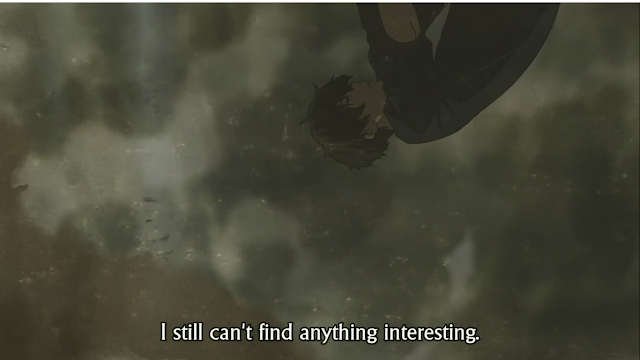Shield
His Grace, His Excellency, The Duke of Ankh, Commander Sir Samuel Vimes deserves all those honorifics. And if I am allowed to state one reason and one reason alone for that, for there are many, I will say this: he knows the value of a shield, in whatever form. One of the forms a shield can take is a nightwatchman's badge. A badge isn't just something you just flip at people's faces to tell them who you are. The reason why a badge takes the form of a shield is that, according to Vimes, it shields the nightwatchman from himself. Because a nightwatchman is vested with the order of the law, and the painful authority of a nightstick, and the terrifying power of being allowed to do things and say how things should go, what identifies him as a nightwatchman should be a promise not to take all that power and wreak destruction to the world because of it. That is how a nightwatchman loves the law. And that is how love is. For their intensity, most loves are like waterfalls, or w










